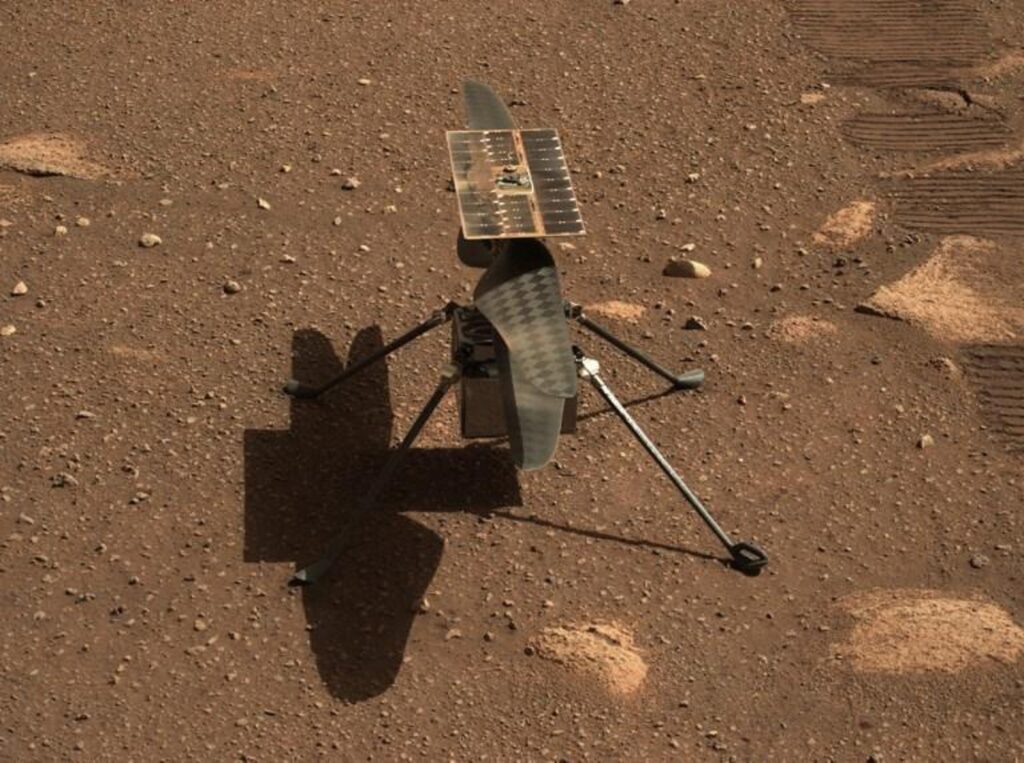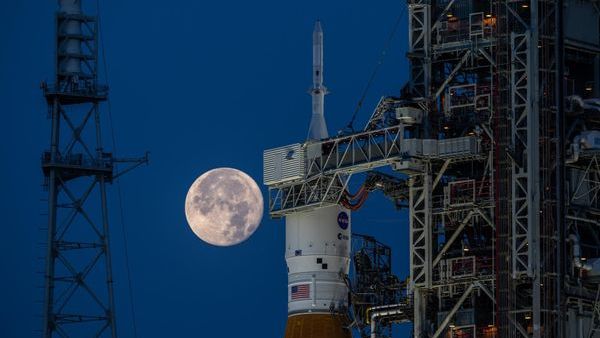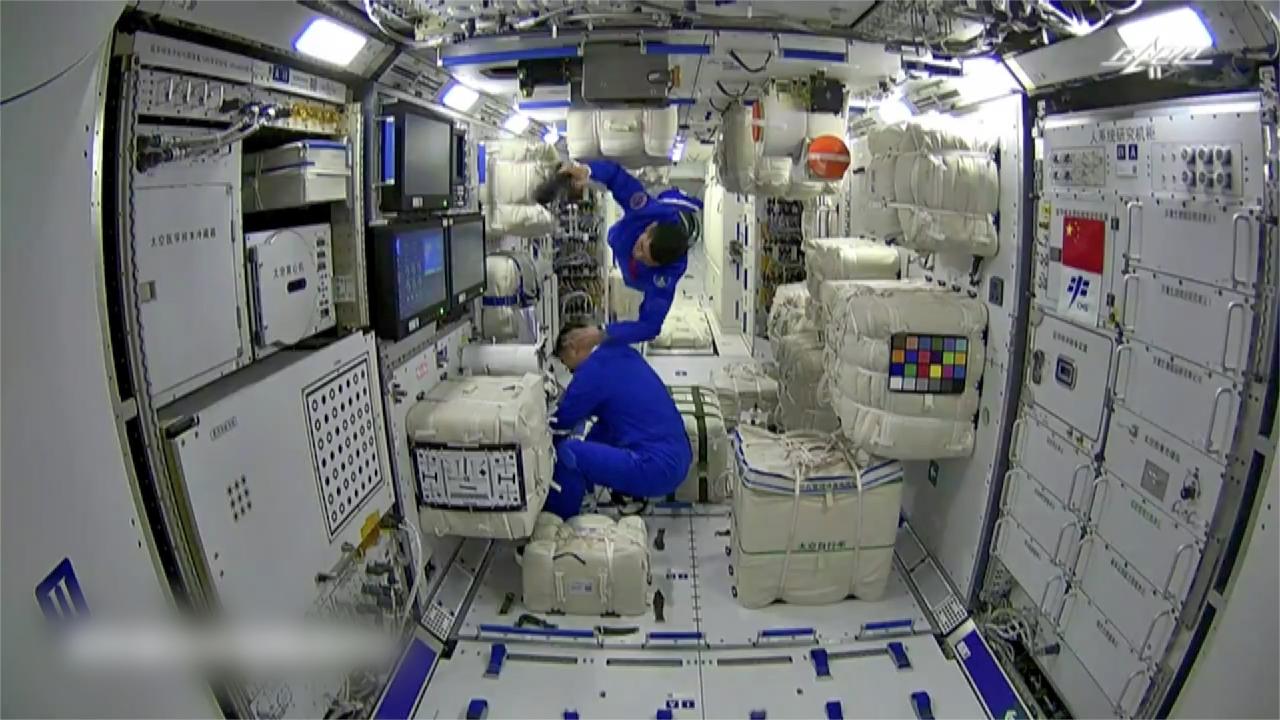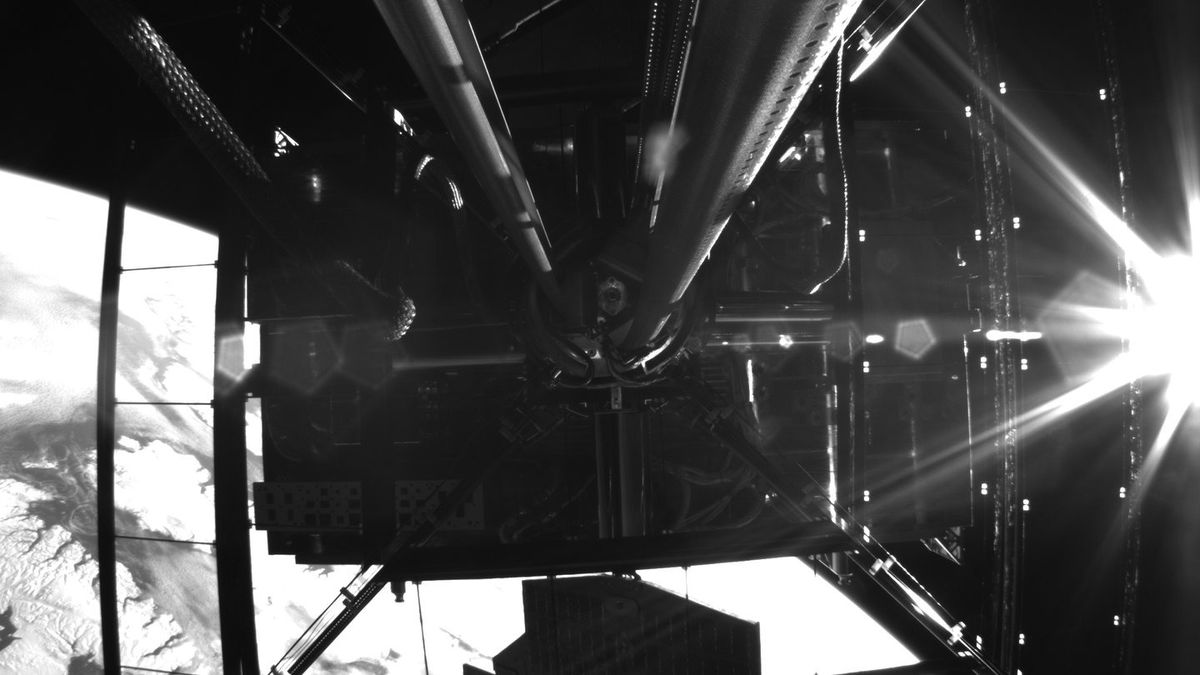Astrobiologist Dirk Schulze-Makuch from Technical University Berlin has stirred debate by suggesting that NASA‘s 1976 Viking landers may have inadvertently encountered and terminated alien life on Mars.
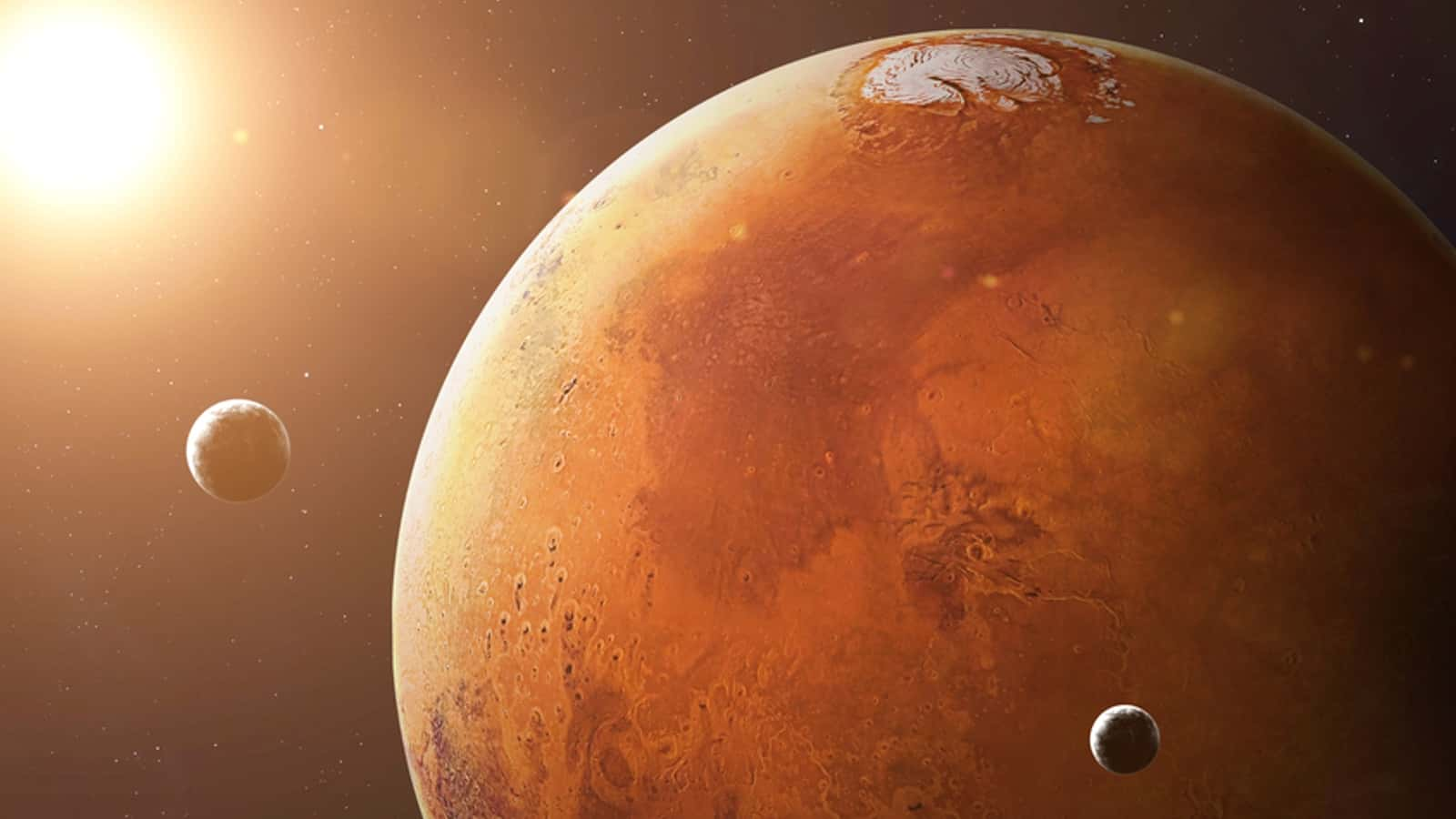
Schulze-Makuch posits that these landers may have inadvertently introduced Earth microbes, overwhelming potential alien life on Mars
While Schulze-Makuch’s theory is captivating, experts remain divided. Viking landers executed four alien life on Mars experiments, yielding puzzling results. The labeled release and pyrolytic release experiments hinted at metabolism, but the gas exchange experiment offered a negative outcome. In 2007, NASA’s Phoenix lander identified perchlorate, possibly accounting for gases in the Viking findings, according to Chris McKay from NASA’s Ames Research Center.
Schulze-Makuch suggests that excessive water in experiments may have been fatal to potential alien life on Mars microbes
He draws parallels with extreme microbes thriving in the Atacama Desert, emphasizing the need for precise moisture levels. Alberto Fairén from Cornell University supports this notion, asserting water addition might have led to contradictory Viking results.
Despite these claims, some experts, including McKay, insist that novel alien life on Mars forms aren’t necessary to elucidate the Viking outcomes. The consensus rests on perchlorate’s influence. The mystery of potential alien life on Mars remains a topic of fervent discussion among scientists.
READ ALSO: Unprecedented Cosmic Explosion Linked To Black Hole Destroying A Star Shatters Supernova Norms

